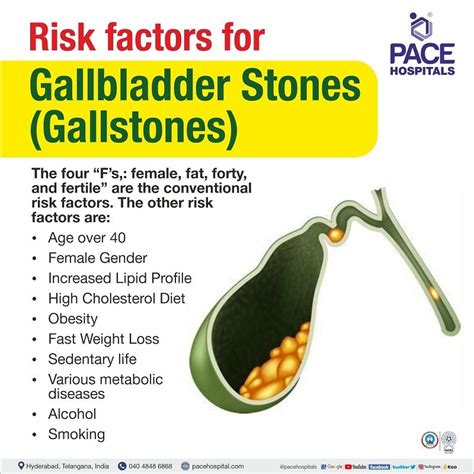Intro
Gallstones are a common health issue that can cause significant discomfort and pain for those affected. In many cases, surgery is the recommended course of treatment to remove the gallbladder and alleviate symptoms. However, like any surgical procedure, gallstone surgery can have side effects that patients should be aware of before making a decision. Understanding these potential side effects can help individuals better prepare for their recovery and make informed choices about their care. The importance of being informed about these side effects cannot be overstated, as it directly impacts the patient's quality of life post-surgery.
The decision to undergo gallstone surgery is not one to be taken lightly, and it's crucial for patients to weigh the benefits against the potential risks and side effects. While the surgery can provide relief from the symptoms of gallstones, such as pain and discomfort, it's also important to consider how the removal of the gallbladder might affect digestion and overall health in the long term. By exploring the various aspects of gallstone surgery, including its side effects, patients can make a more informed decision that aligns with their health goals and priorities.
For individuals considering gallstone surgery, it's essential to have a comprehensive understanding of what to expect, not just in terms of the procedure itself, but also in terms of recovery and potential side effects. This knowledge empowers patients to ask the right questions, to understand their treatment options fully, and to be better prepared for the journey ahead. Whether it's discussing dietary changes, understanding the risks of complications, or simply knowing what to expect in the days and weeks following surgery, being informed is key to a successful outcome.
Gallstone Surgery Overview

Common Side Effects of Gallstone Surgery
Some common side effects of gallstone surgery include pain and discomfort at the incision site, nausea and vomiting, and fatigue. These side effects are usually temporary and can be managed with medication and rest. However, some patients may experience more serious side effects, such as infection, bleeding, and injury to surrounding organs. It's essential for patients to follow their doctor's instructions carefully after surgery to minimize the risk of complications.Risks and Complications of Gallstone Surgery

Long-term Effects of Gallstone Surgery
The long-term effects of gallstone surgery can vary from patient to patient. Some individuals may experience digestive problems, such as diarrhea, bloating, and gas, due to the removal of the gallbladder. Others may be at risk for vitamin deficiencies, particularly fat-soluble vitamins like vitamin A, D, E, and K. Patients who have undergone gallstone surgery should follow a balanced diet and may need to take supplements to ensure they are getting all the necessary nutrients.Dietary Changes After Gallstone Surgery

Recovery and Follow-up Care
The recovery time for gallstone surgery can vary depending on the individual and the type of surgery performed. Most patients can return to their normal activities within a few weeks, but it's essential to follow the doctor's instructions carefully to ensure a smooth and safe recovery. Follow-up care is also crucial to monitor for any potential complications and to address any concerns or questions the patient may have.Minimizing the Risk of Complications

Conclusion and Next Steps
In conclusion, while gallstone surgery can provide relief from the symptoms of gallstones, it's essential for patients to be aware of the potential side effects and complications associated with the procedure. By understanding these risks and taking steps to minimize them, individuals can make informed decisions about their care and ensure the best possible outcome. Whether it's discussing treatment options with a healthcare provider, making dietary changes to manage digestive health, or simply being aware of the signs of complications, knowledge is key to navigating the journey of gallstone surgery successfully.What are the most common side effects of gallstone surgery?
+The most common side effects of gallstone surgery include pain and discomfort at the incision site, nausea and vomiting, and fatigue. These side effects are usually temporary and can be managed with medication and rest.
How long does it take to recover from gallstone surgery?
+The recovery time for gallstone surgery can vary depending on the individual and the type of surgery performed. Most patients can return to their normal activities within a few weeks, but it's essential to follow the doctor's instructions carefully to ensure a smooth and safe recovery.
What dietary changes should I make after gallstone surgery?
+After gallstone surgery, patients may need to make dietary changes to manage their digestive health. This can include eating smaller, more frequent meals, avoiding fatty and high-fiber foods, and staying hydrated. Some patients may also need to take medication to help with digestion and to prevent complications.
We invite readers to share their experiences or ask questions about gallstone surgery in the comments below. Your insights can help others who are considering this procedure or are in the process of recovery. Additionally, if you found this article informative, please consider sharing it with others who might benefit from this information. Together, we can create a supportive community that empowers individuals to make informed decisions about their health.
